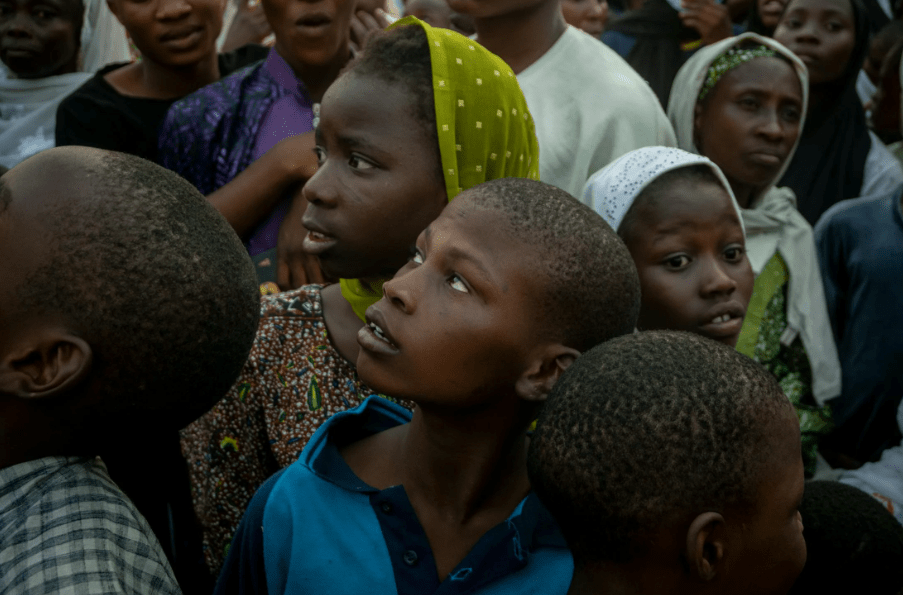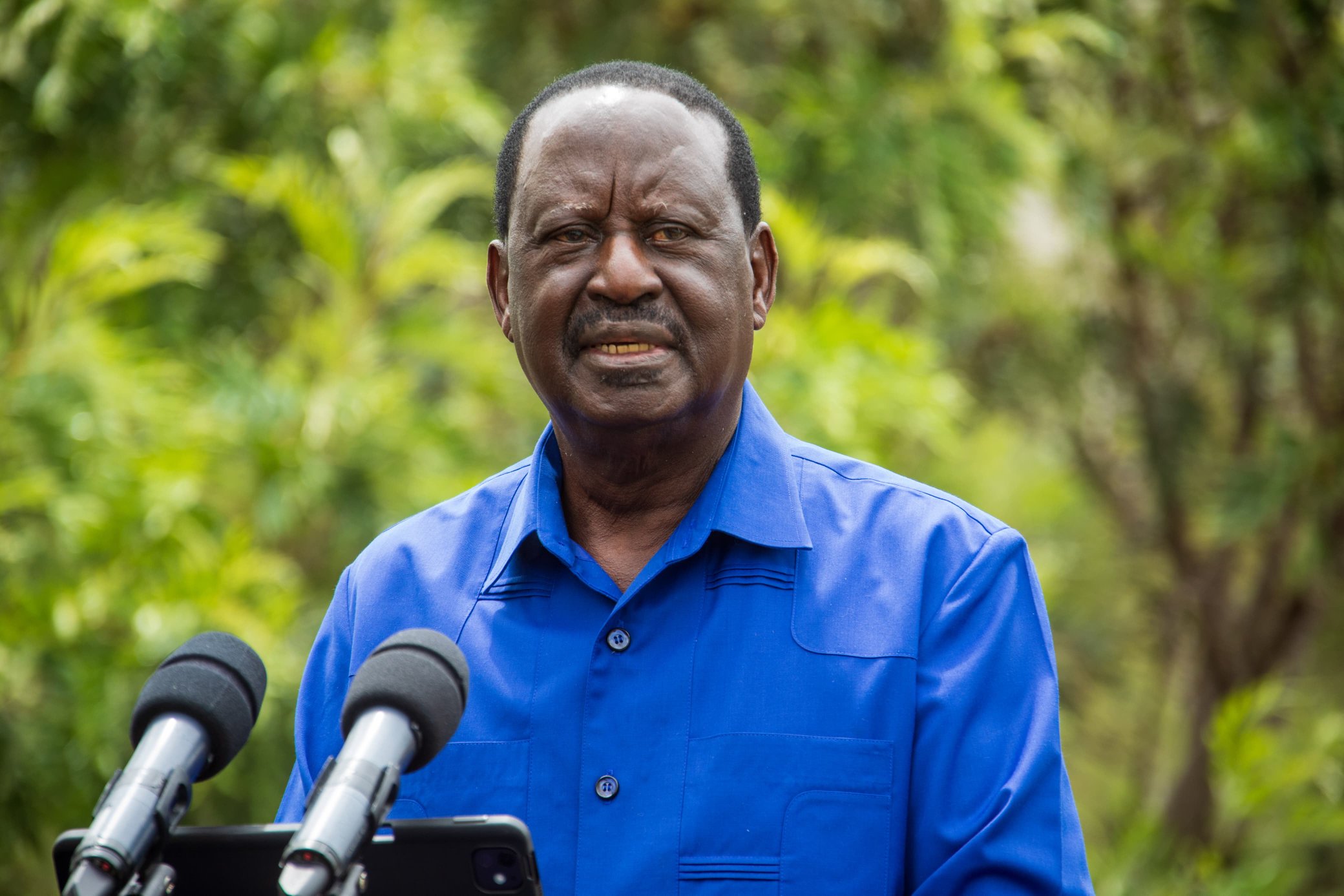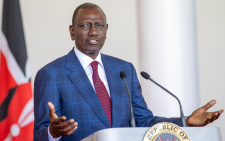Integrate refugees in host countries

Today, the world marks World Refugee Day. This is of special interest to Kenya, because, by January this year, there were 714,137 registered refugees and asylum seekers in the country, according to data from the United Nations High Commissioner for Refugees.
Children below age 17 account for half of the total refugee population (at 51 percent), followed by 18-59-year-olds (46 per cent), while those above 60 make up only 3 percent.
The Dadaab complex hosts the highest number of refugees (338,224), followed by Kakuma (275,953), while an estimated 99,960 live in Kenya’s urban areas.
Migration in the Horn of Africa is largely caused by political instability, the search for economic opportunities and the adverse effects of climate change. Kenya hosts refugees mostly freeing conflict and political instability in Somalia, Sudan, the Democratic Republic of Congo and Burundi.
Conflict and hunger have also driven thousands of Ethiopians from their homes to seek safe havens in neighbouring countries. In addition to instability, Burundians and Southern Sudanese are victims of the reality of climate change.
Burundians left their country when Lake Tanganyika swelled and flooded neighbouring areas, including the capital Bujumbura, disrupting businesses and livelihoods.
According to the children’s agency Unicef, floods every year affect between 750,000 and more than one million people in South Sudan, forcing half of them to leave their homeland for higher ground.
But a major conversation globally right now is whether refugees should continue to be hosted in camps or be integrated into host communities.
The answer lies in integration, giving refugees access to opportunities, a decent education and dignified shelter. Refugee camps restrict mobility, enforce idleness and increase dependency among the displaced people. The ultimate solution is to improve conditions in their countries of origin so that they can return safely and voluntarily.
They can also be integrated into local communities in host countries or be resettled in other countries. No human being should be confined to a camp for life or even for a day.















